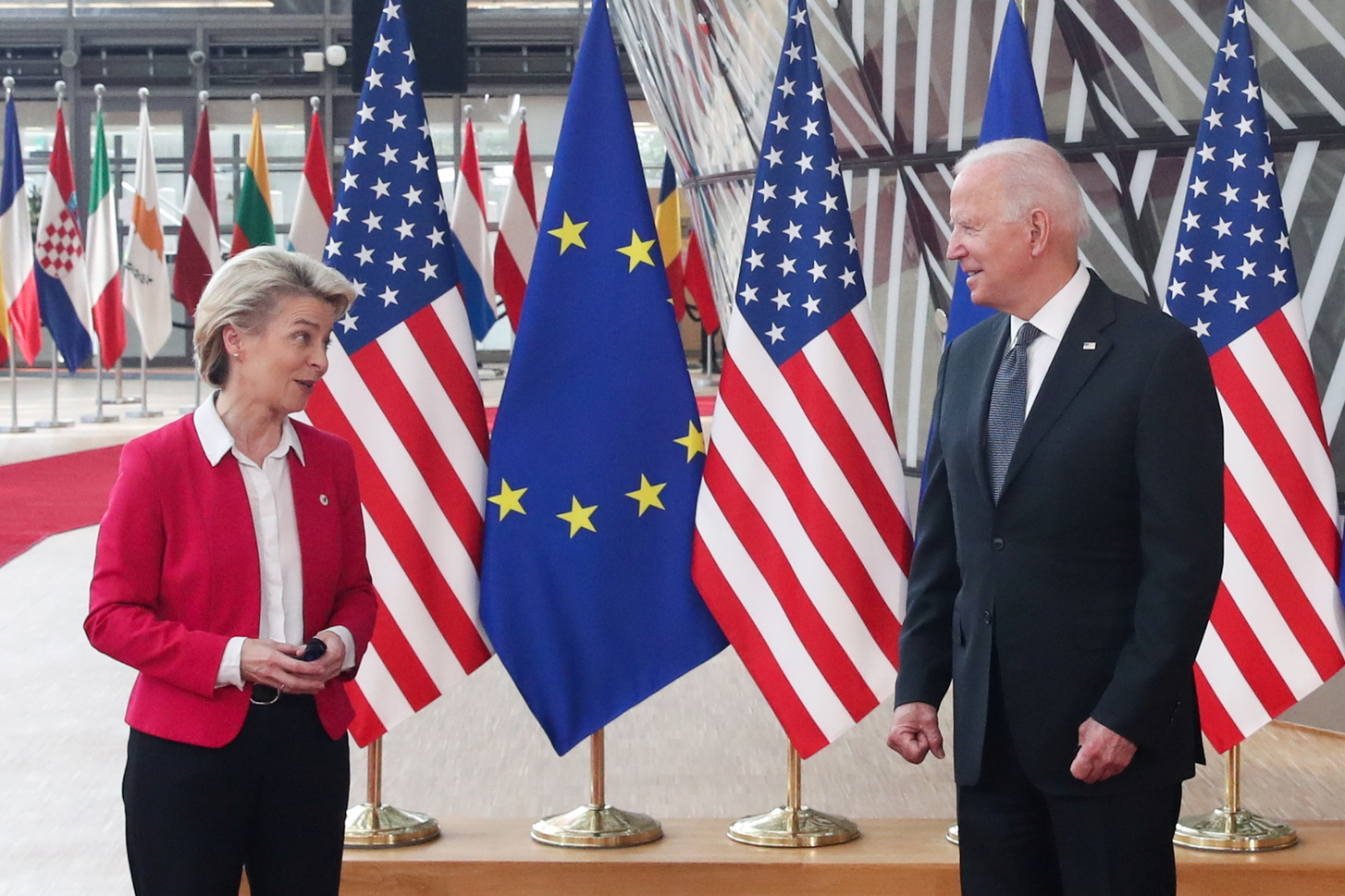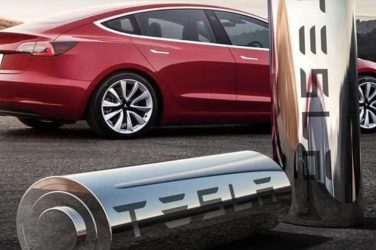Semiconductors, electric mobility, and commercial cooperation in sustainable transition and clean technologies – the goal now is a transatlantic market. The European Union (EU) and the United States have chosen a path of economic détente through a preliminary agreement that commits both parties to avoid competition and instead work together in a sector considered strategic, particularly in Europe. The fourth ministerial meeting of the Trade and Technology Committee marks the overcoming of tensions represented by the Inflation Reduction Act, a plan of approximately $369 billion initiated by the Biden administration that directly affects the green technology sector.
The EU perceives a threat to its political and industrial strategy encapsulated in the Green Deal and its efforts toward a green transition. This is because the Inflation Reduction Act includes, among other things, tax incentives to purchase Made in the USA products, including automobiles, batteries, and renewable energies. Now, Washington seems to be fulfilling its promises to address concerns and fears of trade wars. The two parties have agreed on a work program that “will lead to closer cooperation in jointly promoting the green transition.”
With the EU grappling with disorderly public finances and the inability to engage in public spending, incentives become a problem that needs to be addressed in alternative ways. However, the White House does not want new tariff wars. That is why the joint statement at the end of the session declares, “We are working against zero-sum competition to ensure that our incentives maximize the deployment of clean energy and jobs”. It emphasizes that the dialogue on incentives for clean energy “will also facilitate the sharing of information on non-market policies and practices by third parties to serve as a basis for joint or parallel action and coordinated defense on such issues in multilateral or other forums.”
This development is well received in Brussels. “By creating a green and digital transatlantic market, we can promote prosperity and job creation on both sides of the Atlantic, working together to improve global standards and rules,” emphasizes the EU Commissioner for Trade, Valdis Dombrovskis. Meanwhile, Thierry Breton, the EU’s Internal Market and Industry Commissioner, welcomes the agreement on electric vehicles.
The two parties have reached an agreement to define “a common international standard for megawatt charging systems for heavy-duty electric vehicle charging“. Regarding clean mobility, three recommendations are outlined. First, the development of a “common strategy” to support standards. Second, the support for the development and installation of an economically viable and intelligent charging infrastructure that avoids generating waste or non-recoverable and non-recyclable products. Finally, the focus is on “identifying pre-regulatory research, development, and demonstration needed to address remaining challenges and support consumers, industry, and the network”.









Show Comments